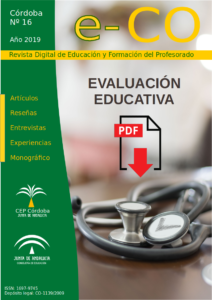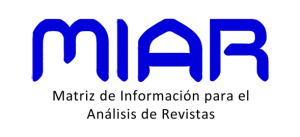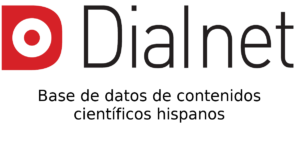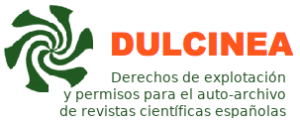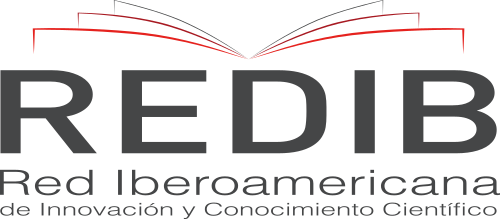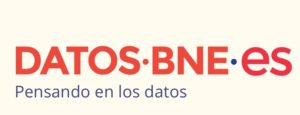AUTORA:
Leonor María Martínez Serrano
Centro del Profesorado Priego-Montilla (Córdoba)
leonorm.martinez.serrano.edu@juntadeandalucia.es
RESUMEN
En el presente artículo nos ocupamos, en primer lugar, de un análisis somero de la educación desde una perspectiva diacrónica, así como de la conquista social de la educación desde tiempos de la Revolución Industrial hasta las sociedades postindustriales de la postmodernidad. Seguidamente, estudiamos con especial detenimiento el origen y la extensión de la educación obligatoria y gratuita en España, desde los primeras iniciativas del siglo XIX, pasando por las Constituciones de 1812 y 1931, la Ley General de Educación (1970) y otros textos legislativos menores algo anteriores, hasta culminar en la Constitución Española de 1978, en que se sustenta todo el desarrollo normativo posterior en forma de leyes orgánicas de educación: LODE (1985), LOGSE (1990), LOCE (2002), LOE (2006) y LOMCE (2013). Por último, esbozamos brevemente los retos de la educación en el siglo XXI, en plena Sociedad del Conocimiento, haciendo especial hincapié en el concepto de aprendizaje a lo largo de la vida en medio de unos tiempos de aceleración histórica que está afectando a todos los órdenes de la vida de las comunidades humanas a escala planetaria.
ABSTRACT
This article is structured in three clearly differentiated parts. The first part is a brief analysis of education from a diachronic perspective and dwells on the conquest of education as a fundamental right from the age of the Industrial Revolution to post-industrial, postmodern societies. The second part concerns the origin and extension of free and compulsory education in Spain, from the earliest initiatives dating back to the 19th century, through the Constitutions of 1812 and 1931, the General Law on Education (1970) and other minor regulations, up to the Spanish Constitution of 1978, which is the very foundation of subsequent organic acts of education: LODE (1985), LOGSE (1990), LOCE (2002), LOE (2006) and LOMCE (2013). The last part of this article deals with the challenges facing 21st-century education in the so-called Knowledge Society, whilst emphasizing the concept of lifelong learning in an age of unprecedented historical acceleration that is affecting all realms of life in human communities worldwide.

